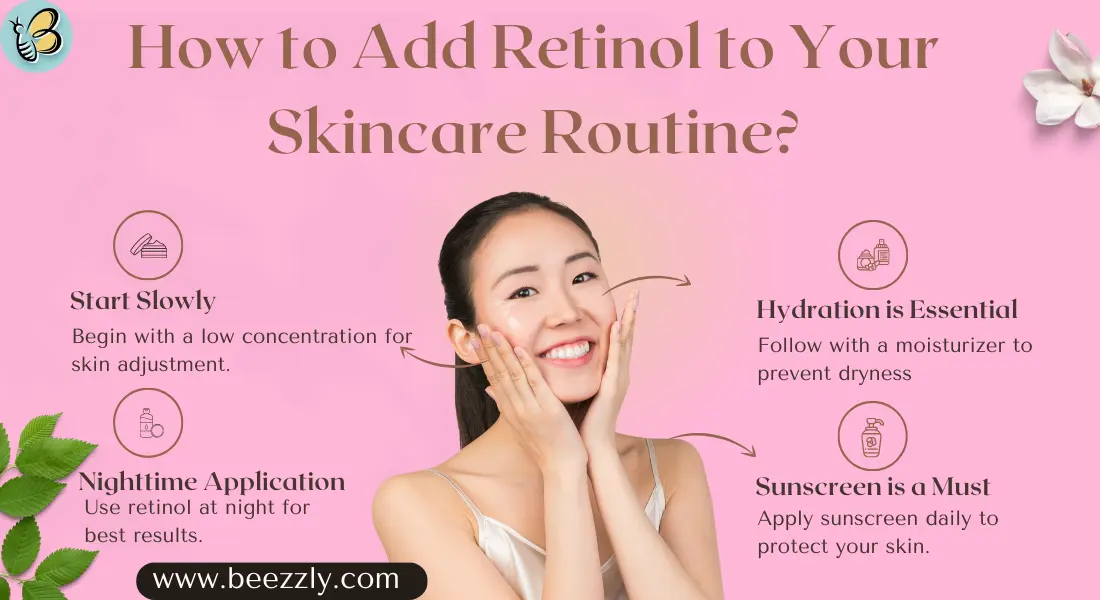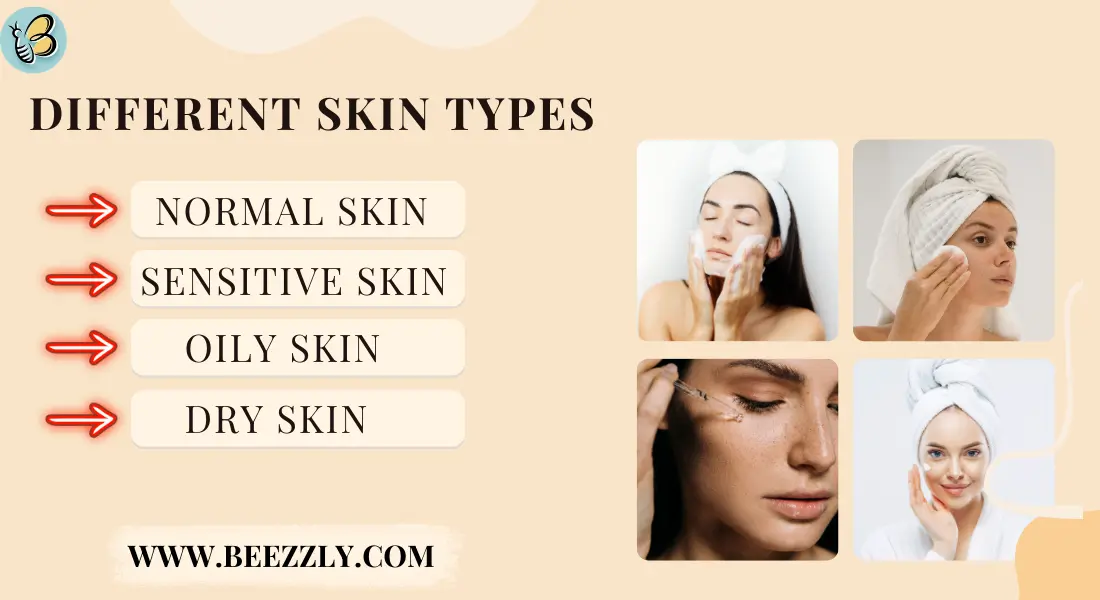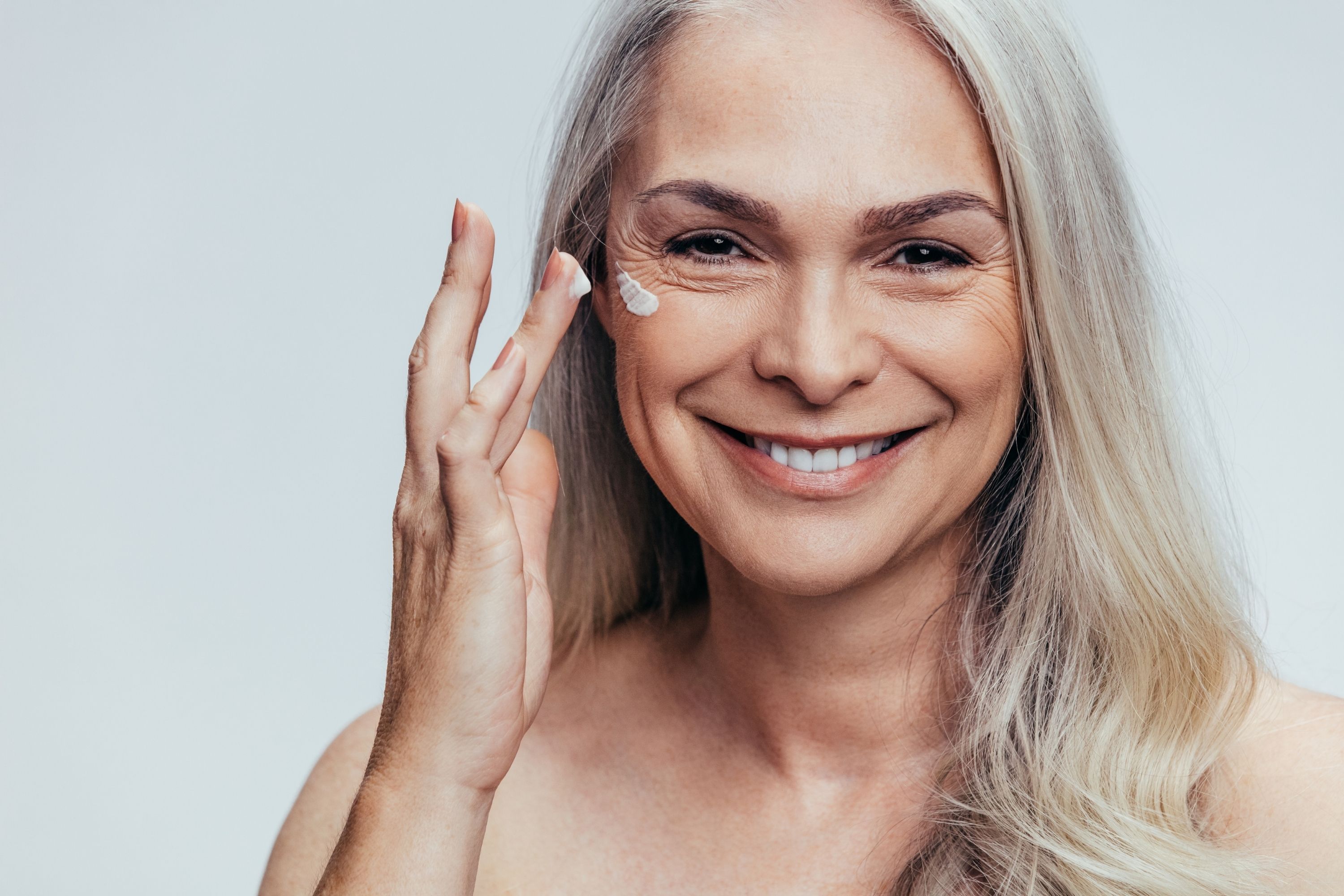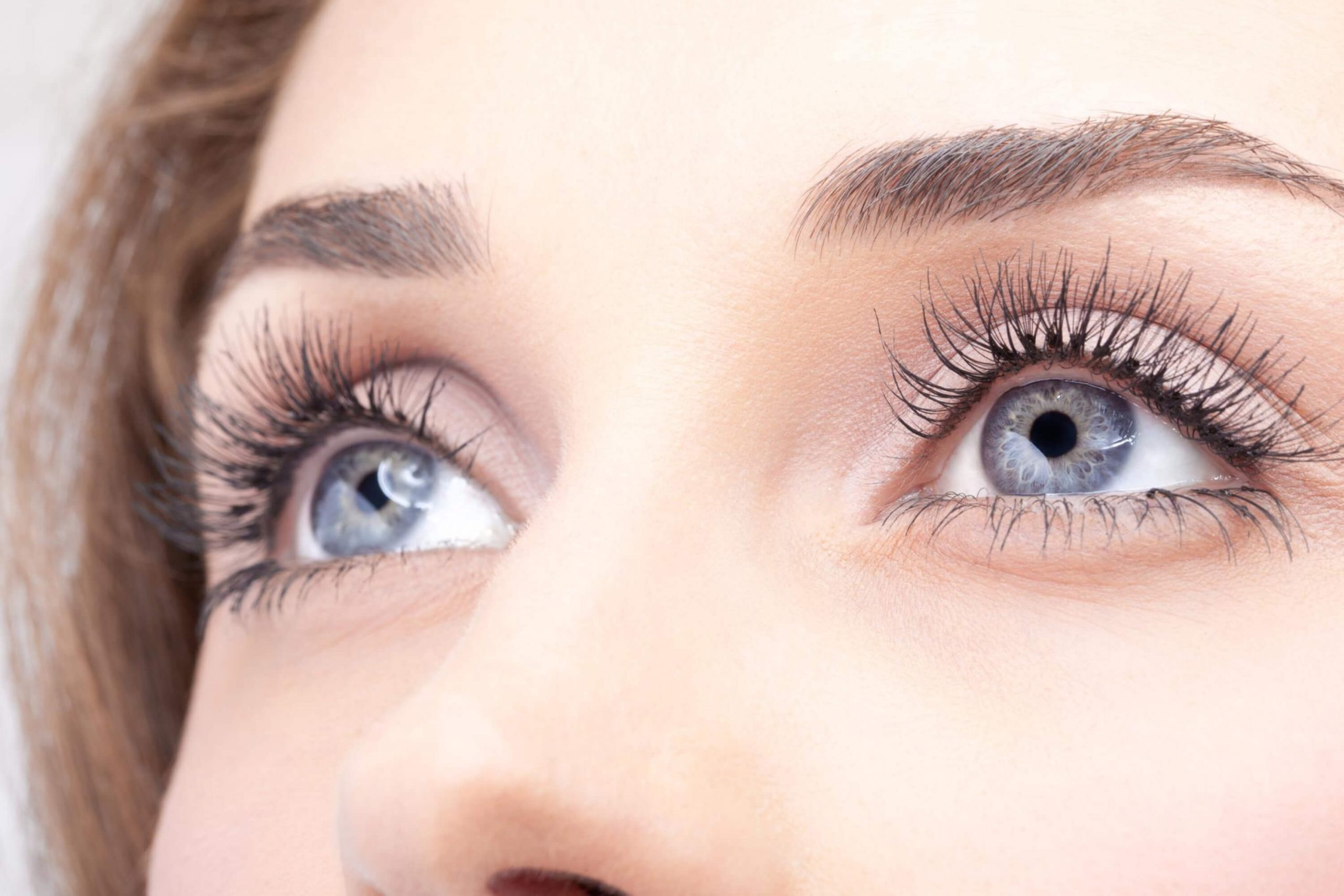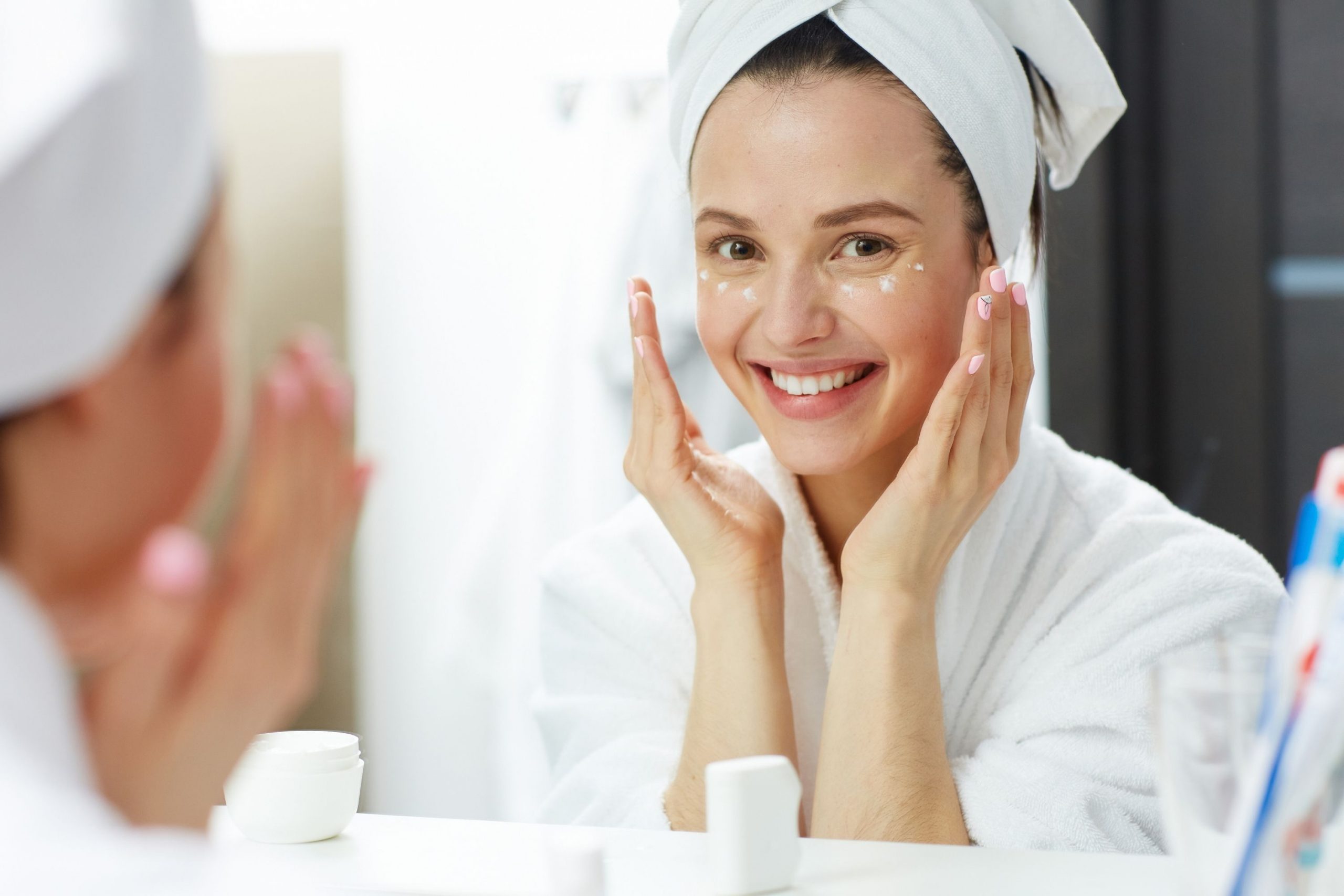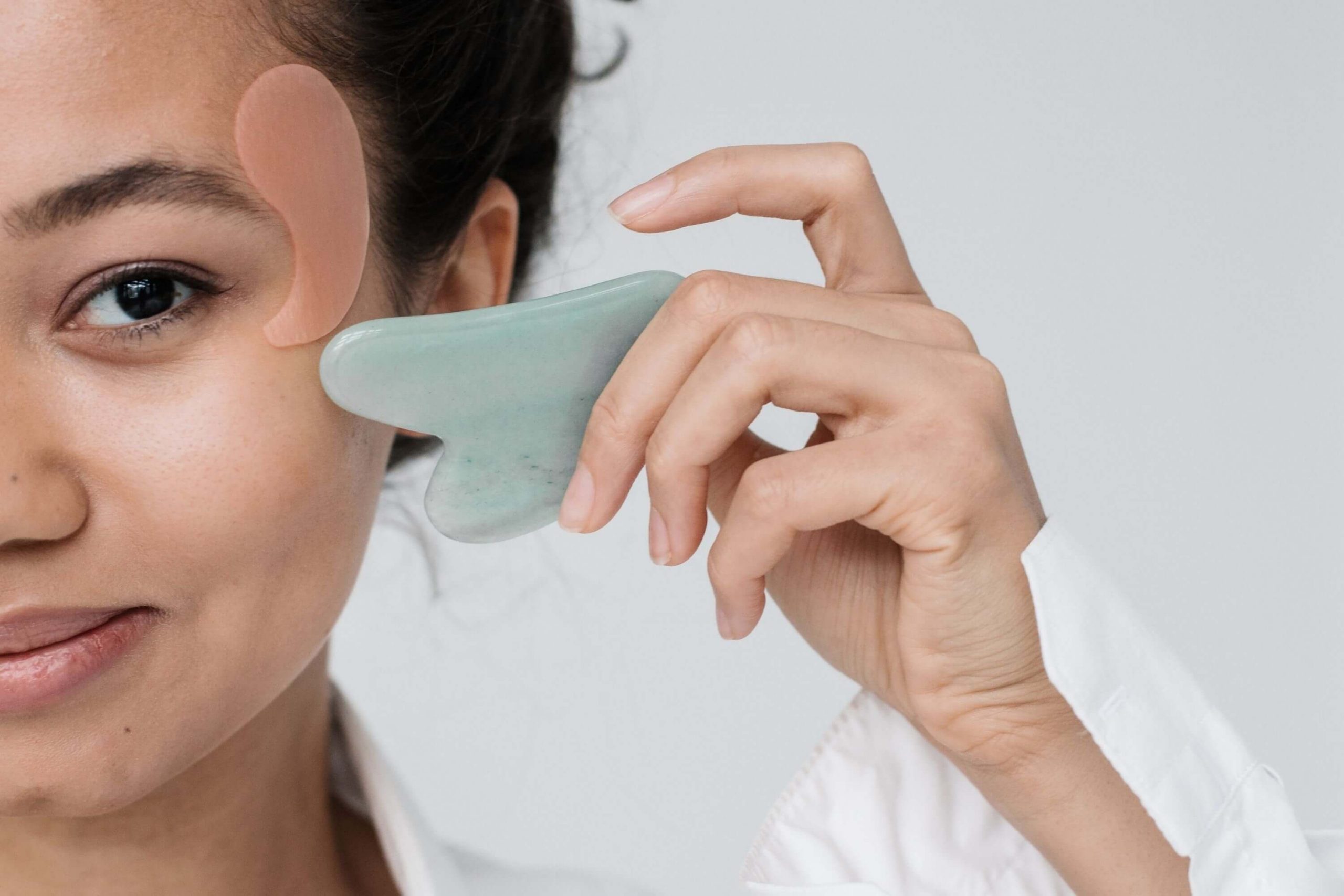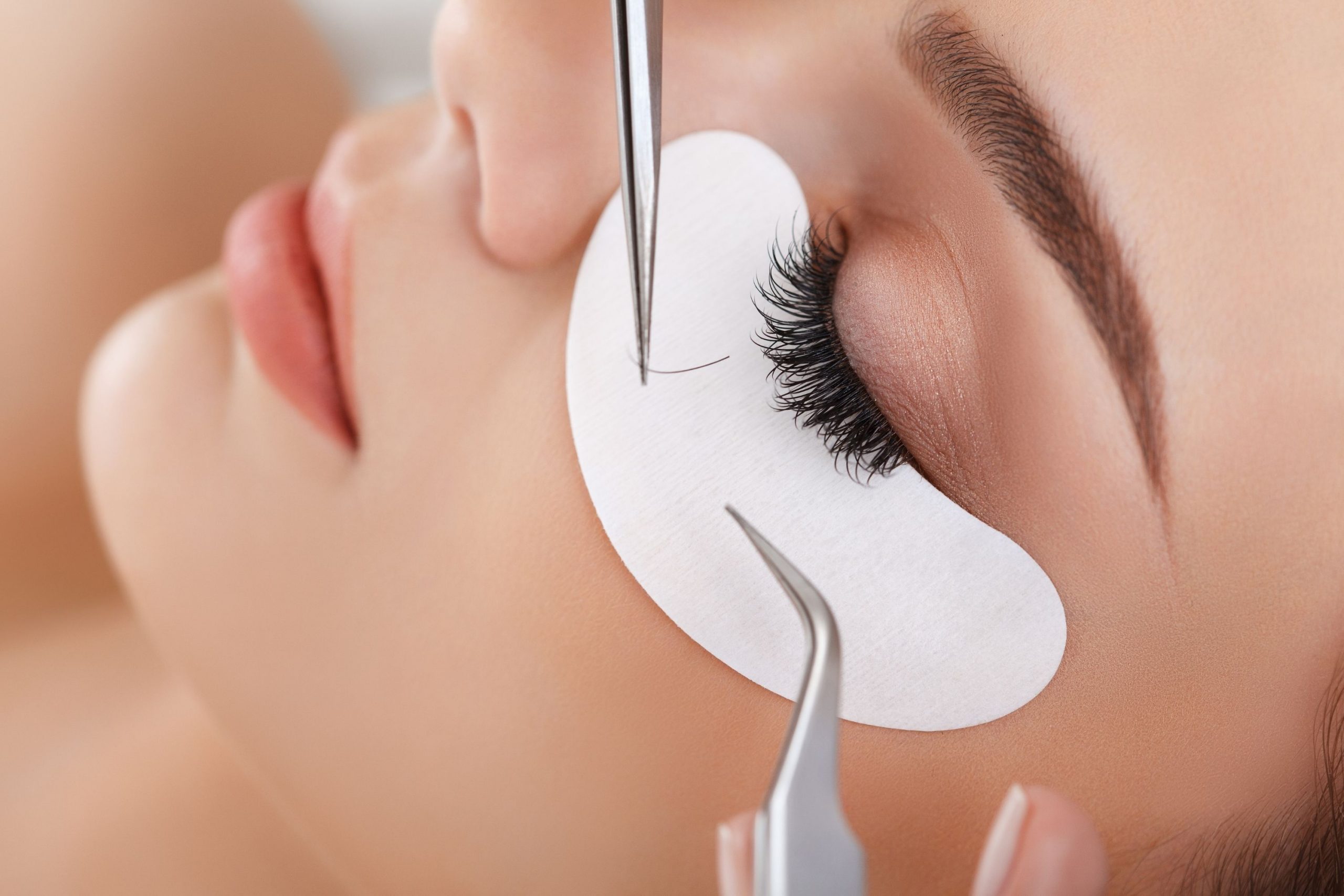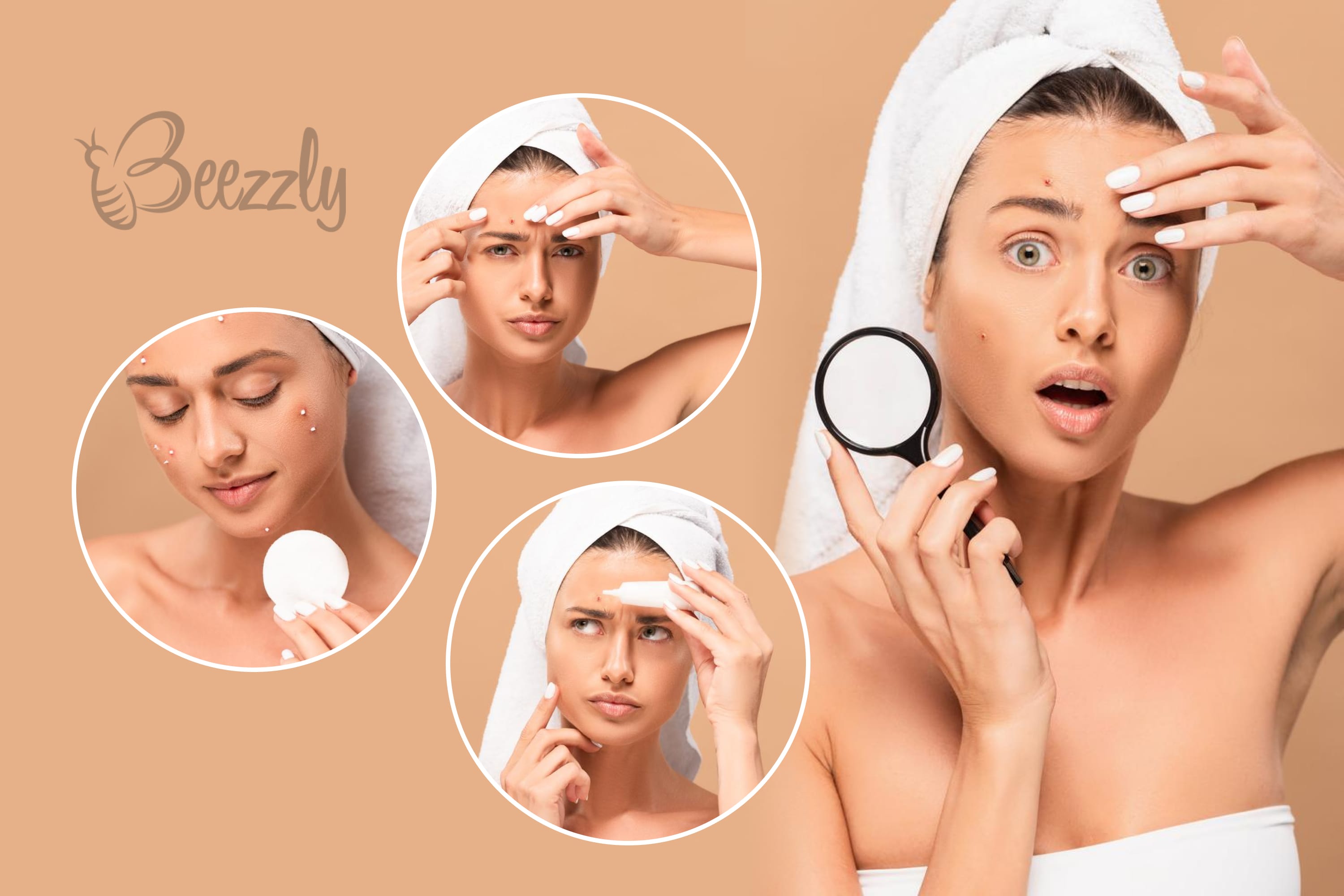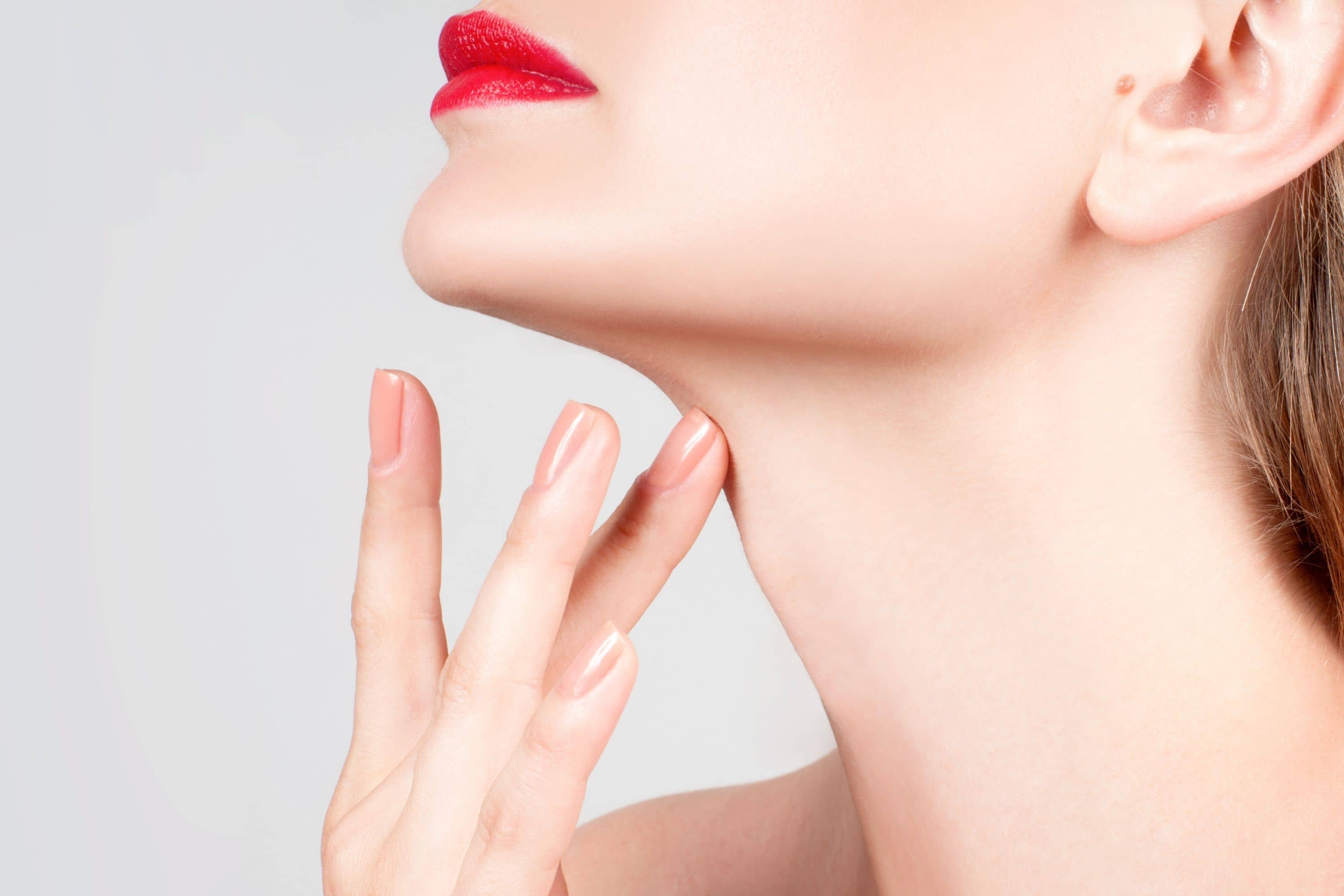Stepping into your thirties is the most important tool to fight aging and skin problems. Unlock the magic of Retinol, but first, know at what step it comes in skincare.
If you are a skincare fan, you must be familiar with the term Retinol. It’s the most talked about ingredient, and you may wonder what the hype is all about. But let us tell you that Retinol is all worth it. It has a lot more benefits than you can imagine. It’s your skin’s ultimate best friend. Let’s find out how:
What is Retinol?
Retinol is the most powerful ingredient in skincare, which is widely known for its ability to enhance overall skin texture. Retinol works by improving cell turnover. Retinol is basically a Vitamin A derivative, and it works by boosting the cellular build-up of the skin. It also improves collagen production in our skin, resulting in healthier and youthful skin.
Retinol works by targeting your major skin concerns like wrinkles, open pores, fine lines, pigmentation, and acne. You should definitely consider adding retinol to your daily skincare routine. It will give a radiant glow and will improve your skin tone overall.
Adding retinol to your skincare routine is extremely beneficial, but most importantly, you should be aware of how you can incorporate it into your routine to get the maximum benefit. People may wonder, “What step is retinol in skincare?” or they are often confused about the most common questions like when to apply retinol, at what age one should start using it, at what quantity, and a lot more general questions like this. In this guide, we have covered all the necessary questions you may have. Let’s dive in:
What does the research say about retinol?
Retinol, a derivative of vitamin A, has been proven effective for skin health, as shown in research like the study published by the National Institutes of Health (NIH). When applied to the skin, retinol undergoes a two-step transformation. It first converts into retinaldehyde and then into its active form, retinoic acid. Retinoic acid binds to specific receptors in the skin cells, such as retinoic acid receptors (RARs) and retinoid X receptors (RXRs). This process triggers changes in gene expression, leading to enhanced cell turnover, collagen production, and skin rejuvenation. These effects contribute to smoother, firmer, and healthier skin.
The Benefits of Retinol in Skin Care
1: Reducing Fine Lines and Wrinkles
Retinol is a powerful ingredient in skincare known for its ability to reducing fine lines and wrinkles. By boosting collagen production, retinol helps maintain skin elasticity and firmness. Additionally, it promotes cellular turnover, resulting in a smoother and more radiant complexion. With consistent use, individuals can expect a noticeable improvement in skin texture and a youthful glow.
2: Evening Out Skin Tone
Retinol is effective in addressing uneven skin tone, including dark spots and the effects of sun exposure. Its exfoliating properties facilitate the shedding of pigmented skin cells, thereby fading hyperpigmentation and enhancing overall skin radiance. This leads to a more uniform complexion, allowing for a naturally bright and healthy appearance.
3: Fighting Acne
For those with acne-prone skin, retinol serves as a beneficial ally. It effectively unclogs pores, reduces excess oil production, and helps calm inflammation associated with breakouts. By integrating retinol into a skincare regimen, individuals can achieve clearer skin while addressing the underlying causes of acne.
4: Improving Skin Texture
Regular use of retinol can significantly enhance skin texture. It works to smooth rough patches and refine the appearance of pores, resulting in a polished and supple complexion. This transformative ingredient plays a vital role in unlocking the skin’s natural beauty, promoting an overall healthy and radiant look.
What Step is Retinol in Skincare?
Usually, it is recommended to apply retinol at night. First of all, cleanse your skin, then apply toner and let it absorb completely into your skin because retinol should be applied to clean and dry skin. People generally ask questions like, “Should I apply retinol on wet or dry skin?” The answer is you should apply it to clean and dry skin because applying it on wet skin may lead to skin sensitivity or irritation. So, here is the step-by-step guide to applying retinol correctly:
- Cleanse your face gently with a cleanser.
- Apply toner. (This step can be skipped)
- Apply your retinol serum or cream.
- Finally, apply moisturizer after waiting for 1-2 minutes.
Making Retinol an Essential Part of Your Skincare Routine
As you start ageing, it is a wise choice to include retinol in your a.m. skincare regime. Retinol is a highly active ingredient, and it’s better to play it safely. As a beginner, incorporate retinol gradually into your skincare routine to avoid any reaction or irritation. Initially, it is advisable that you use it twice or thrice a week and bring it to 5 times a week gradually as your skin shows progress.
Another question that was asked was, “Can I use Retinol in the morning?” The answer to this question is that using retinol during daytime is not recommended because exposure to sunlight can make the retinol less effective. Also, Retinol makes the skincare more sensitive to sunlight and can cause more damage than good. That’s why it is always better to make it an essential part of your night skincare routine only.
How to Apply Retinol Correctly?
Follow these guidelines to get the maximum benefit from this magical ingredient:
- Use a small pea-sized amount of Retinol.
- Apply gently to your face, avoiding under the eye or near nose or mouth openings.
- After 1-2 minutes, apply moisturizer to prevent skin dryness.
What Age is Best for Using Retinol?
There’s no specific time to start using retinol. However, it is an ingredient to delay aging so it’s advisable to start using it as soon as you enter your early thirties and signs of aging begins to show. Having said that, you may start using retinol earlier if you face certain skin issues like wrinkles or fine lines, associated with aging early.
How to incorporate Retinol into Your Skin Care Routine?
1: Start Slowly
Retinol is a potent ingredient known for its transformative effects on the skin. For those new to retinol, it is essential to introduce it gradually to minimize the risk of irritation. Begin with a lower concentration and apply it once a week. This allows your skin to acclimate to the ingredients. Over time, increase the frequency of application by adding an additional day each week until your skin can comfortably tolerate daily use.
2: Nighttime Application
As a photosensitive compound, retinol can degrade when exposed to sunlight. To maximize its benefits, it is advisable to incorporate retinol into your evening skincare routine.
3: Hydration is Essential
As you embark on your journey with retinol, you may encounter temporary dryness or peeling. This is a normal part of the adjustment period, signalling that your skin is undergoing revitalization. To combat these effects, consider using a hydrating moisturizer as part of your routine.
4: Sunscreen is Must
Retinol can increase your skin’s sensitivity to sunlight, making sun protection crucial. While daily sunscreen application should always be a staple in your skincare routine, it becomes even more essential when using retinol. Opt for a broad-spectrum sunscreen with a minimum SPF of 30 to provide effective protection against harmful UV rays.
How to Use Retinol: Expert Dos and Don’ts for Optimal Results
Using retinol effectively can transform your skincare routine, leading to healthier and more youthful-looking skin. To maximize the benefits while minimizing any potential drawbacks, consider these professional dos and don’ts.
Dos:
1: Prioritize Sun Protection
When using retinol or any retinoid products, it is essential to apply a broad-spectrum sunscreen with a high SPF daily. Retinol increases the skin’s sensitivity to UV rays, making it more susceptible to damage. Additionally, sunlight can degrade the effectiveness of retinoids, so using them at night can be a strategic choice to maintain their potency while ensuring your skin is well-protected throughout the day.
2: Introduce Retinoids Gradually
To minimize irritation, start by incorporating retinol into your regimen gradually. Opt for a formulation that suits your skin type, beginning with a lower concentration. Apply the product once a week, and as your skin adjusts, you can gradually increase usage. If you’re uncertain about which products are best for your needs, our dedicated customer service team is available to provide personalized recommendations via email or social media.
3: Enhance with Complementary Ingredients
For optimal results, consider pairing retinol with other beneficial ingredients like vitamins E and C. Vitamin E provides antioxidant protection, while vitamin C enhances collagen production and skin renewal. Combining these ingredients with retinol can lead to a more comprehensive approach to skincare, allowing for improved texture and tone. Explore our curated selections that include these powerful vitamins.
4: Exercise Patience and Consistency
Retinol requires a commitment to yield visible results. Regular application is key; it may take several weeks before you notice significant changes in your skin’s texture and appearance. Stay consistent and trust the process, as the long-term benefits are well worth the wait.
Don’ts:
1: Avoid During Pregnancy
Retinol and its derivatives are not recommended for use during pregnancy due to potential risks. If you are pregnant or planning to become pregnant, consult your healthcare provider for guidance on safe skincare practices.
2: Do Not Delay Starting
While retinol is particularly beneficial for individuals over the age of 30, starting earlier can be advantageous in preventing the early signs of ageing. Incorporating retinol into your routine at a younger age can help maintain skin elasticity and firmness, reinforcing the notion that proactive care is essential for long-lasting results.
3: Retinol and Moisturizer: What Comes First?
You hear multiple opinions on whether to apply Retinol first or moisturizer first. Let us break it down for you, retinol should always be applied before using any kind of skin moisturizer but some people who have dry skin prefer to use moisturizer before retinal. They do it to create a barrier between their skin and retinol so they may not suffer any kind of irritation or skin reaction.
4: Makeup with Retinol
If you are a make up lover and want to include Retinol in your routine without compromising on your makeup, then we have a good news for you. Yes, you can apply Retinol on your cleansed skin and can apply make up after letting it absorbed. Moreover, you should also wear sunscreen to protect your skin from sun damage.
Using Retinol with Other Active Skin Ingredients
Layering retinol with other active ingredients can be a bit tricky and you must be extra careful. Questions like “Can I use retinol and peptides together?” or “Can I mix retinol and salicylic acid?” often pops up. The answer is, it is always better to avoid mixing up or layering up retinol with other active ingredients like hyaluronic acid, salicylic acid or peptides to avoid skin reaction or sensitivity.
If you still want to add other serums into your routine, it is better to use them at another time of the day or on alternate days.
Retinol and Different Skin Types
“Is Retinol good for oily skin?”
Yes, because Retinol works fine for every skin types but it may react differently to every skin type. For people with oily skin, retinol controls excess oil production and shrinks pores. For dry skin, Retinol works fine but usually using a moisturizer is compulsory to avoid dry patches or irritation. For sensitive skin, you can start with fewer drops of retinol and use it alternatively instead of daily use.
Retinol and Exfoliation
“Can I exfoliate and use Retinol?” or “Is Retinol an Exfoliant?”
Well, Retinol is not an exfoliant, but it promotes cellular turnover in your skin. As far as the use of Exfoliants like AHA and BHA is considered, you should not combine these ingredients when you are using Retinol because it can lead to severe skin reaction and will increase skin sensitivity.
Final Thoughts
We hope all your major concerns regarding Retinol are answered. So, step on your anti-aging journey with this one magical product, Retinol, and say goodbye to all your major skin problems.





